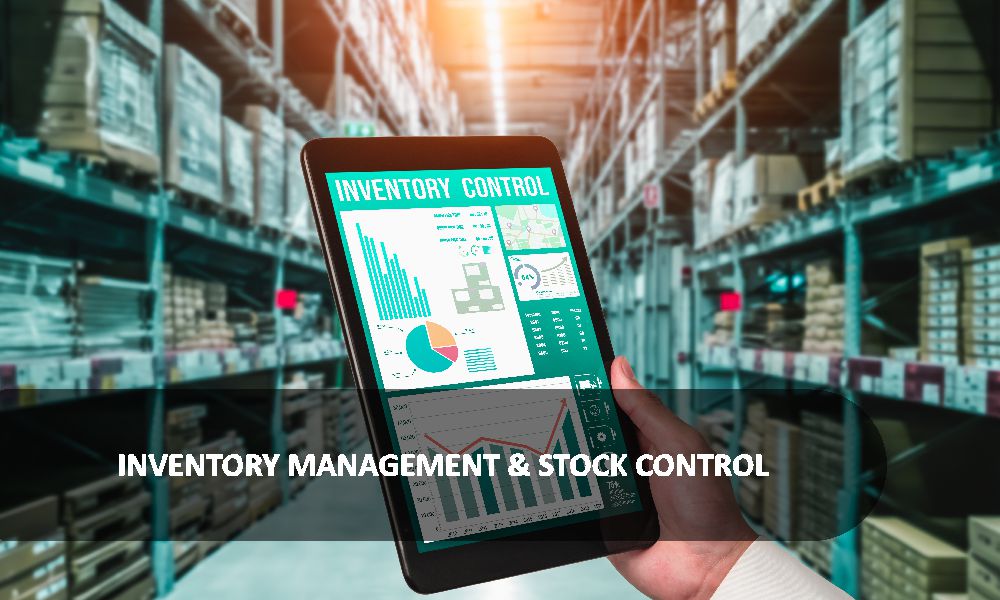
Aims:
-
To ensure the safe, efficient, and effective operation of shipboard catering services.
-
To maintain high standards of food safety, quality, and hygiene aboard ships.
-
To optimize inventory management and reduce food wastage through efficient stock rotation and planning.
-
To foster a professional, well-trained catering team capable of meeting the diverse needs of crew and passengers.
Objectives:
-
Develop Routine Systems: Establish regular routines for updating inventory records, conducting equipment checks, and ensuring food safety standards are consistently met.
-
Provide Comprehensive Training: Ensure all catering personnel are trained in inventory management, food safety, and stock rotation procedures.
-
Utilize Technology: Implement digital tools for real-time inventory tracking, temperature monitoring, and data-driven decision-making to streamline operations.
-
Effective Meal Planning: Plan ahead based on historical data and voyage-specific needs, anticipating food requirements and dietary preferences.
-
Maintain Organizational Efficiency: Keep the galley and storage areas organized, ensuring easy access to supplies and compliance with safety regulations.
-
Promote Teamwork: Foster a collaborative environment where all catering personnel work together to maintain a high level of service.
- Teacher: AIMS MARITIME
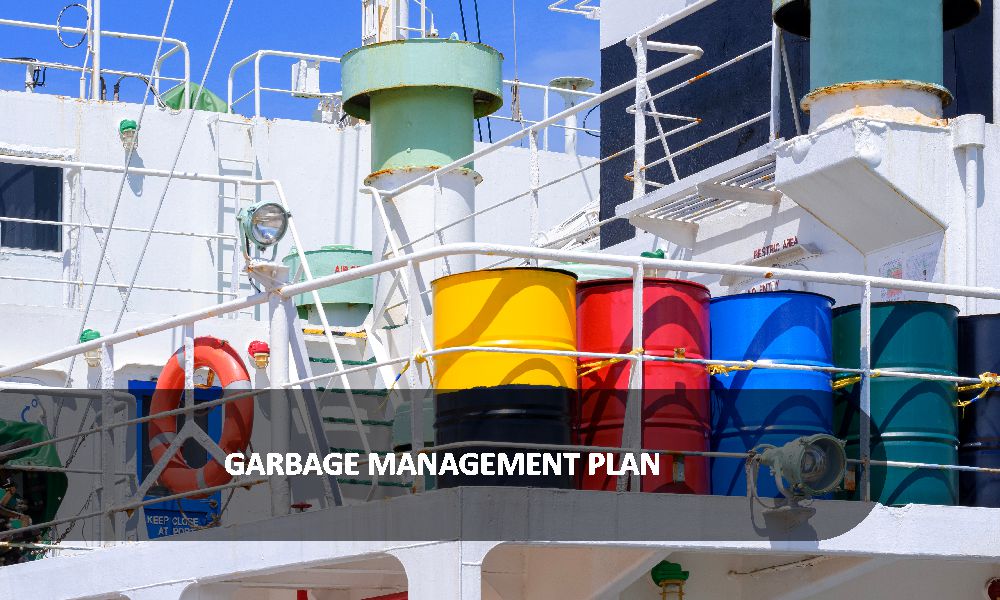
Understanding MARPOL Annex V Requirements:- Familiarize participants with the regulations governing the prevention of marine pollution by garbage from ships.
Skill Development for Garbage Management:- Equip participants to create, implement, and manage a Garbage Management Plan (GMP) onboard vessel.
Promoting Environmental Awareness:- Encourage environmentally responsible behaviour to minimize the impact of ship-generated waste on marine ecosystems.
Ensuring Regulatory Compliance:- Ensure participants comprehend and comply with international and local garbage disposal regulations.
Objectives:
Comprehend MARPOL Annex V Scope:- Understand which vessels are subject to Annex V regulations and garbage discharge prohibitions.
Classify Ship-Generated Waste:- Identify categories of waste (plastics, food waste, operational waste) according to MARPOL Annex V guidelines.
Implement a Garbage Management Plan:- Develop and execute GMP in line with the specific requirements for vessel operations
Maintain Records and Reporting:- Accurately record garbage discharges and ensure proper documentation for inspections.
- Teacher: AIMS MARITIME
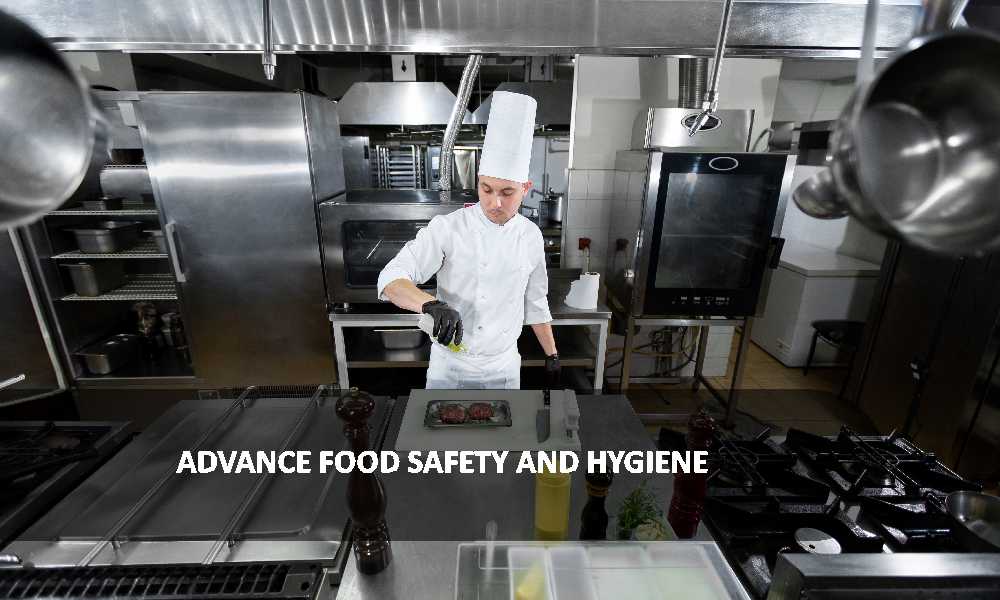
Aims:
-
Ensure compliance with MLC 2006 Regulation 3.2 related to food and catering on board ships.
-
Promote high standards of food safety and personal hygiene among crew members.
-
Enhance knowledge of food storage, stock control, and environmental protection in catering operations.
-
Improve overall health and safety in catering environments on board ships.
Objectives:
-
Understand the importance of Advance Food Safety and Hygiene in preventing food-borne illnesses.
-
Explain the relevant food laws and regulations applicable to the maritime industry.
-
Identify common food safety hazards and methods to control contamination.
-
Implement effective food preservation, storage, and temperature control practices.
-
Maintain high standards of personal hygiene in catering operations.
-
Ensure catering premises are kept hygienic and safe.
-
Apply Hazard Analysis and Critical Control Point (HACCP) principles to manage food safety risks.
-
Implement garbage management systems in compliance with environmental regulations.
Course Content:
Module 1: Introduction to Food Safety and Hygiene
Module 2: Impact of Food-Borne Illness
Module 3: Understanding Food Law
Module 4: Food Safety Hazards and Contamination
Module 5: Food Preservation, Storage, and Temperature Control
Module 6: Personal Hygiene
Module 7: Hygienic Premises
Module 8: Hazard Analysis and Critical Control Point (HACCP)
Module 9: Garbage Management System
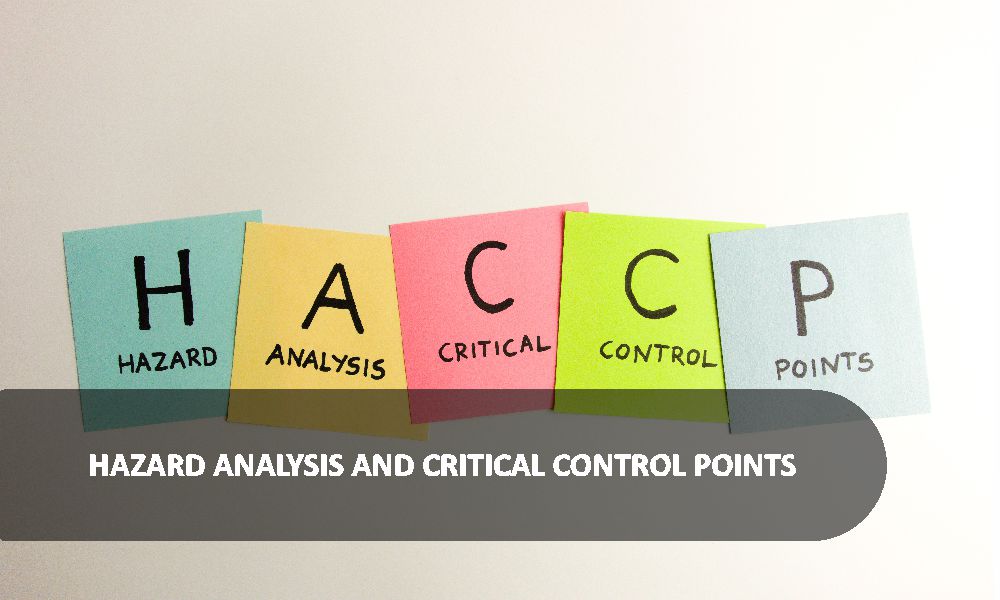
Aims:
To ensure food safety: Equip participants with the knowledge to implement HACCP principles effectively in order to ensure food safety and prevent foodborne illnesses.
To comply with regulations: Provide an understanding of food safety regulations and international standards, including those laid out by the Codex Alimentarius Commission.
To promote proactive risk management: Teach participants how to identify, assess, and control hazards throughout the food production and handling process.
To enhance quality control: Encourage continuous monitoring and improvement of processes to maintain food quality and hygiene standards.
Objectives:
Understand the principles of HACCP: Familiarize participants with the seven principles of HACCP and their application in food safety management.
Perform hazard analysis: Equip participants with skills to conduct thorough hazard identification and analysis in food production.
Develop and implement a HACCP plan: Teach participants how to design, document, and implement an effective HACCP plan for their organization.
Establish critical control points (CCPs): Help participants identify CCPs in food processes where control is essential to ensure safety.
Conduct monitoring and verification procedures: Train participants in effective monitoring of CCPs and verification procedures to maintain food safety.
Handle corrective actions: Teach the appropriate responses to deviations from the HACCP plan, ensuring corrective actions are taken.
Maintain documentation and records: Provide knowledge on maintaining the required HACCP documentation and records to ensure compliance and traceability.
- Teacher: AIMS MARITIME
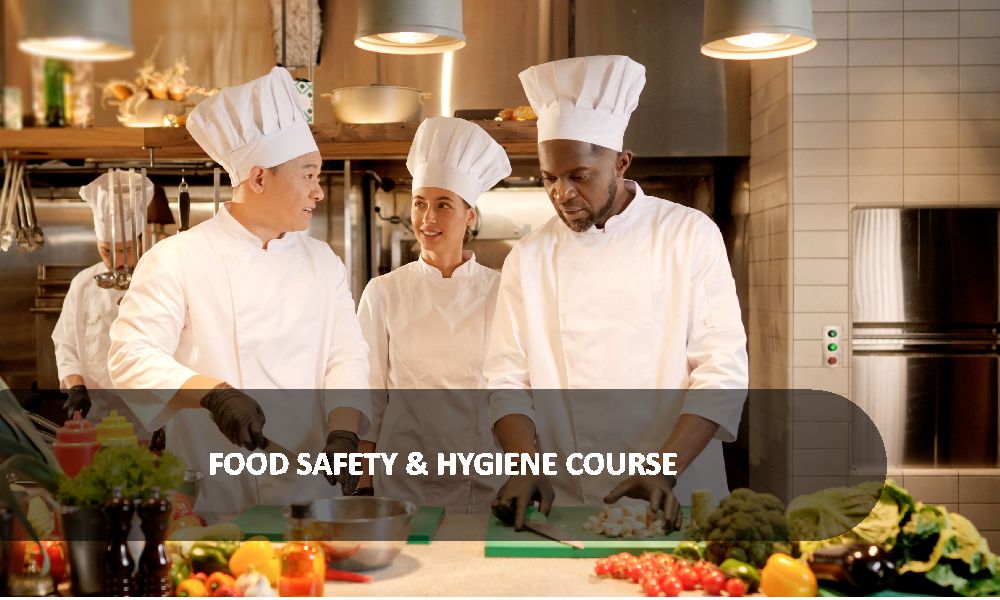
Aims:
-
Ensure compliance with MLC 2006 Regulation 3.2 related to food and catering on board ships.
-
Promote high standards of food safety and personal hygiene among crew members.
-
Enhance knowledge of food storage, stock control, and environmental protection in catering operations.
-
Improve overall health and safety in catering environments on board ships.
Objectives:
-
Understand the importance of food safety and hygiene in preventing food-borne illnesses.
-
Explain the relevant food laws and regulations applicable to the maritime industry.
-
Identify common food safety hazards and methods to control contamination.
-
Implement effective food preservation, storage, and temperature control practices.
-
Maintain high standards of personal hygiene in catering operations.
-
Ensure catering premises are kept hygienic and safe.
-
Apply Hazard Analysis and Critical Control Point (HACCP) principles to manage food safety risks.
-
Implement garbage management systems in compliance with environmental regulations.
Course Content:
Module 1: Introduction to Food Safety and Hygiene
Module 2: Impact of Food-Borne Illness
Module 3: Understanding Food Law
Module 4: Food Safety Hazards and Contamination
Module 5: Food Preservation, Storage, and Temperature Control
Module 6: Personal Hygiene
Module 7: Hygienic Premises
Module 8: Hazard Analysis and Critical Control Point (HACCP)
Module 9: Garbage Management System
- Teacher: AIMS MARITIME
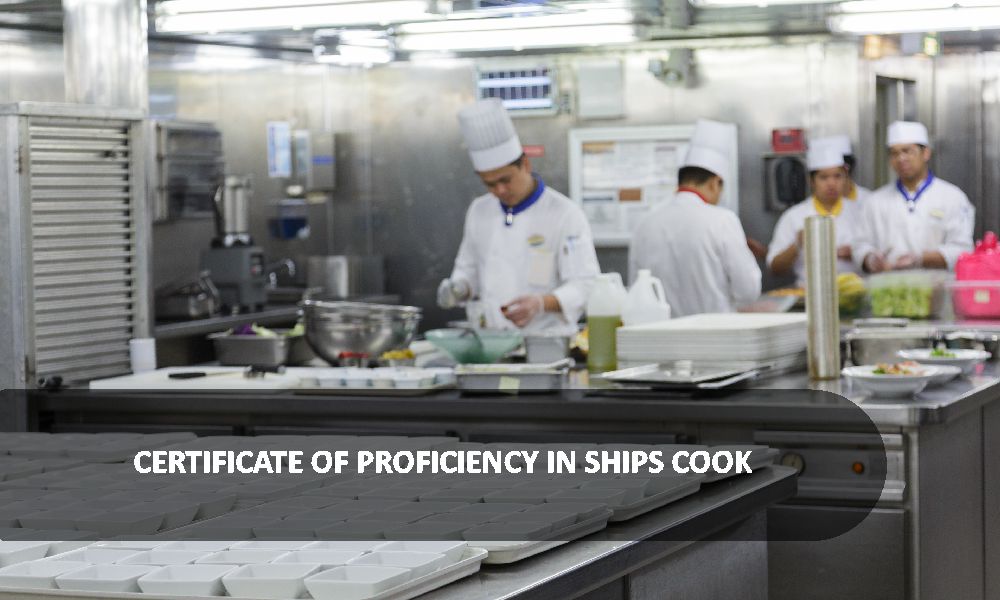
Ships Cook Training program is approved and acceptedby Liberia Maritime Authority, Marshall Islands Maritime Affairs, Malta Flag Administration, Tuvalu Ship Registry, Isle of Man and Vanuatu Maritime Authority.

